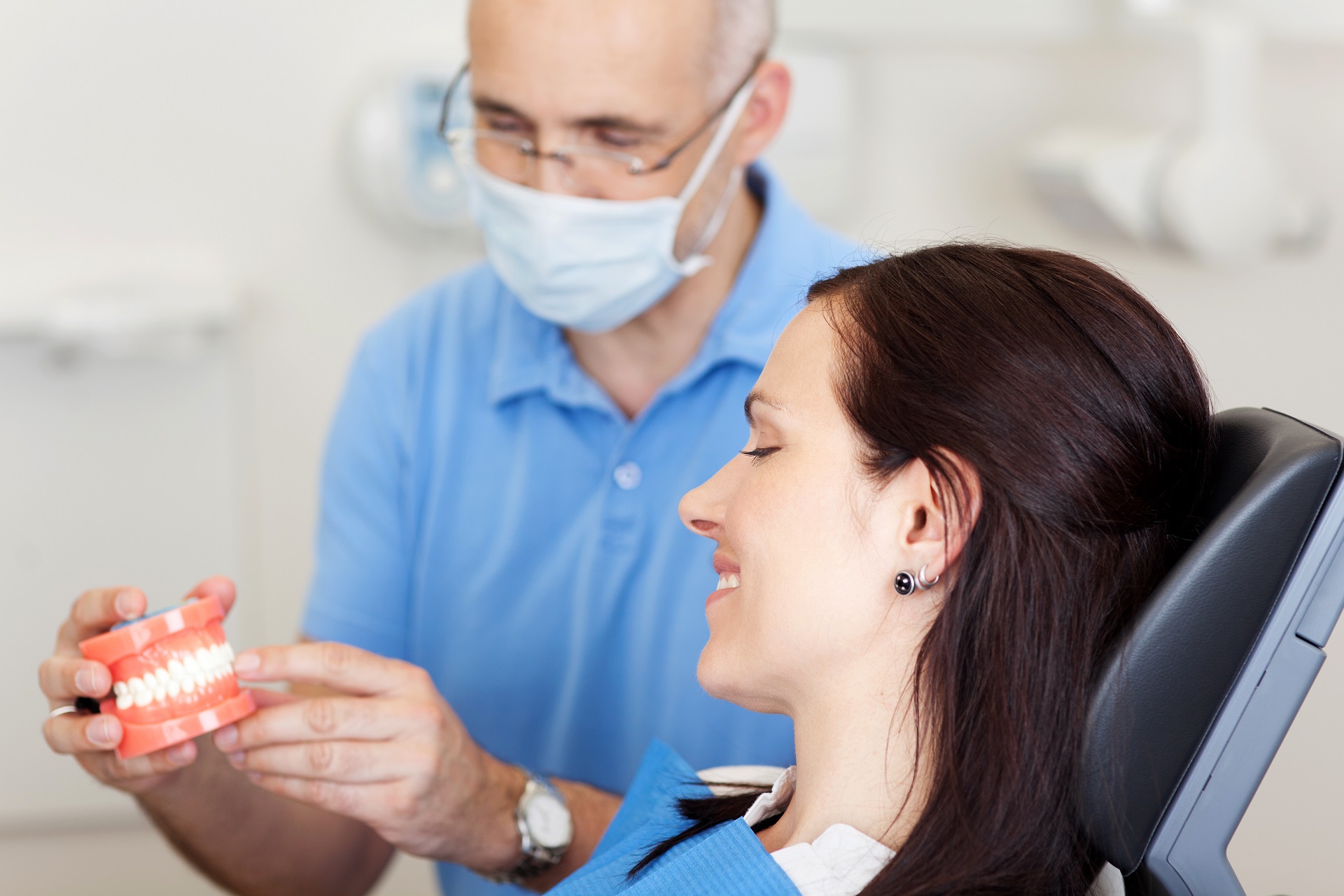Periodontal Treatments in Redcliffe

Periodontal disease is a major risk to dental health and to general health. It is caused by bacteria building up, generally because of poor oral hygiene which results in infection and inflammation in the gums. This inflammation will eventually destroy your gums and the other structures surrounding your teeth which include ligaments and bone leading to pain and tooth loss. Periodontal disease is a major cause of tooth loss worldwide. At Redcliffe Dental, we will work hard to keep your gums in great shape to greatly reduce the risk for onset of the disease.
Detecting the Very Earliest Signs of Periodontal Disease
When you come to see us for a check-up and hygiene appointment, we will carefully assess the condition of your gums, gently checking them for any signs of periodontal disease. We can soon tell if your gums are infected and inflamed and will take appropriate action to help remove the infection.
Surgical Warning
Any surgical or invasive procedure carries risks. Before proceeding, you should obtain opinions and advice by an appropriately qualified health practitioner. Results and procedures required will vary from individual to individual.
Treating Periodontal Disease
In cases of advanced periodontal disease, we may recommend surgical treatment which will remove damaged gum tissue allowing healthy tissues to heal.We can also talk to you about working with a reputable periodontist or gum disease specialist.

